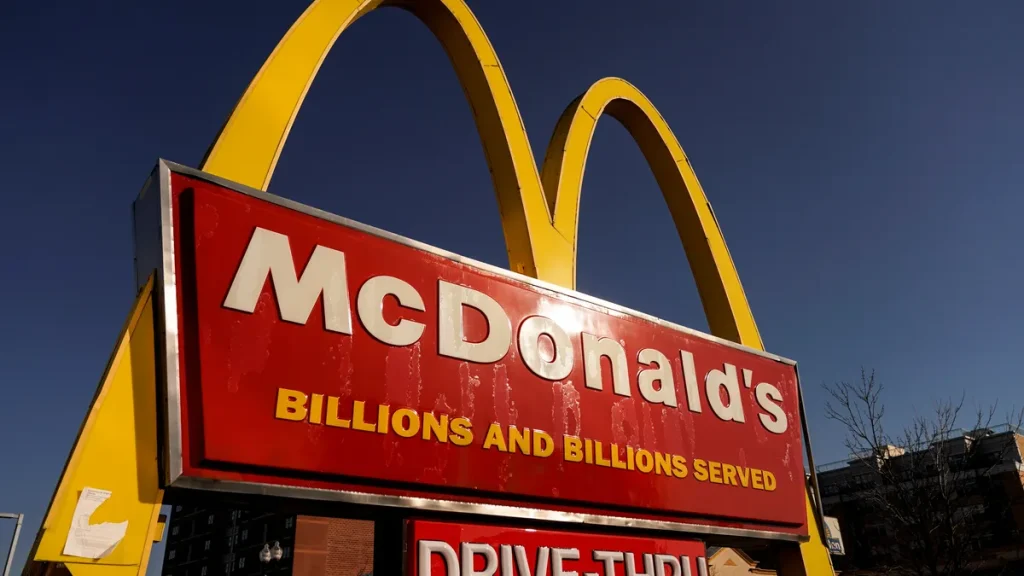McDonald’s has experienced its first global sales decline since the COVID-19 pandemic, primarily due to a boycott campaign spearheaded by Muslim and pro-Palestine activists in response to the ongoing conflict in Gaza. The fast food giant reported a one percent drop in worldwide sales for the second quarter, with significant impacts noted in international markets, particularly in France.
CEO Chris Kempczinski attributed the sales downturn to a reduction in demand linked to a boycott in regions with substantial Muslim populations. “France is one of the markets that has a higher Muslim population,” Kempczinski said. He described the situation as influenced by “misinformation” but reiterated McDonald’s commitment to supporting local communities, including Muslim consumers.
The company also reported a 1.3 percent decrease in sales across emerging markets, citing the Gaza conflict and economic instability in China as contributing factors. In the US, McDonald’s saw a 0.7 percent drop in sales, despite implementing price increases.

In response to the boycott, McDonald’s is providing support to franchisees in affected areas, including royalty relief and deferrals on cash collection.
The boycott gained traction after McDonald’s Israeli franchisee offered free meals to Israeli soldiers following a Hamas incursion last October. This action led the Palestinian-led Boycott, Divestment and Sanctions (BDS) movement to call for a global boycott of McDonald’s, accusing the company of supporting Israeli military actions. “McDonald’s is now really feeling the BDS heat,” said Omar Barghouti, a co-founder of the BDS movement.
In a notable shift, McDonald’s has also acquired all 225 of its restaurants in Israel from its franchisee, Alonyal Limited, in a move that deviates from its usual practice of operating through third-party franchisees. This acquisition is part of the company’s strategy to mitigate the impact of the boycott.
Since the start of the year, McDonald’s share price has fallen nearly 11 percent, contrasting with the S&P 500 index’s 15 percent gain, reflecting the broader challenges the company faces amid the global backlash.


